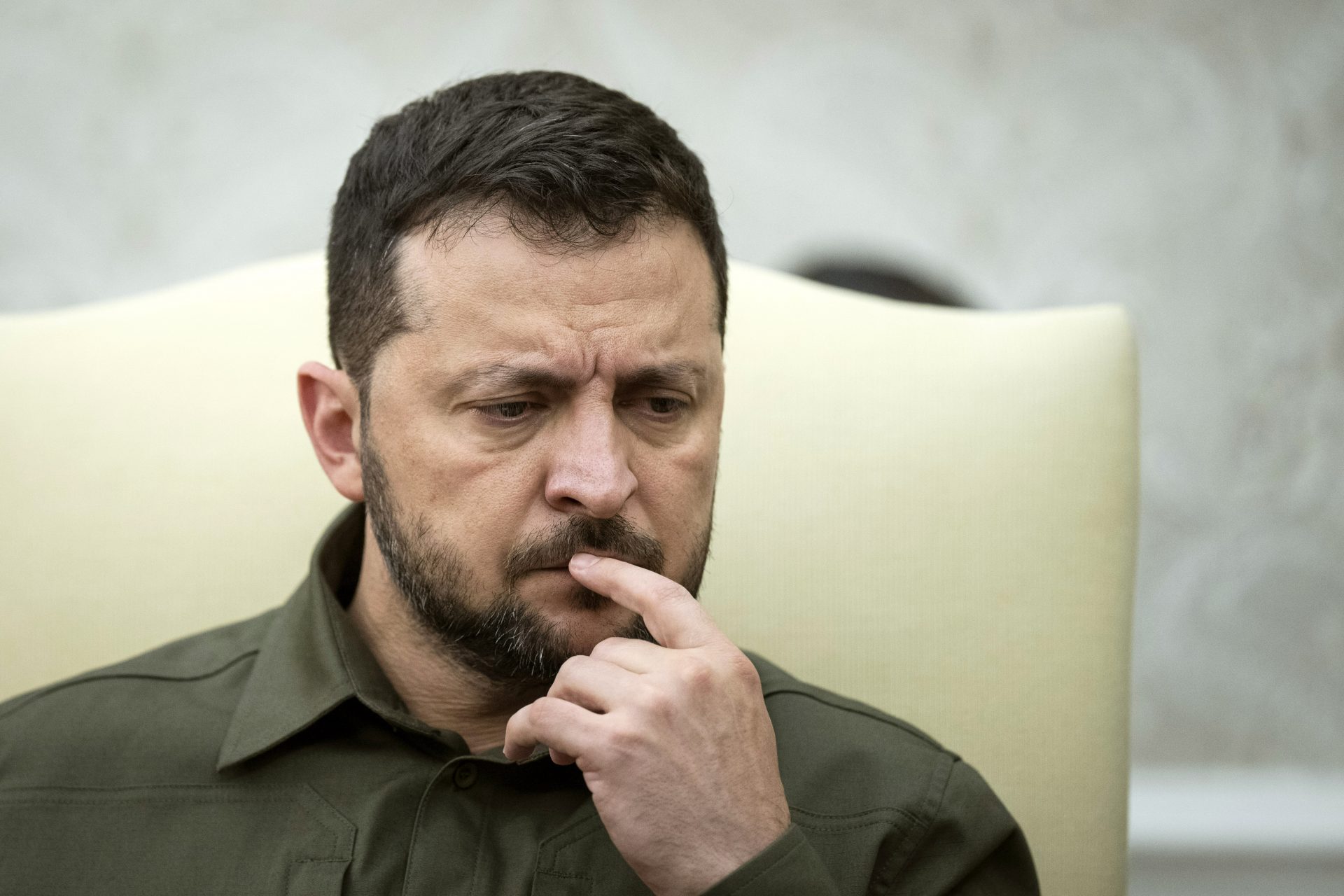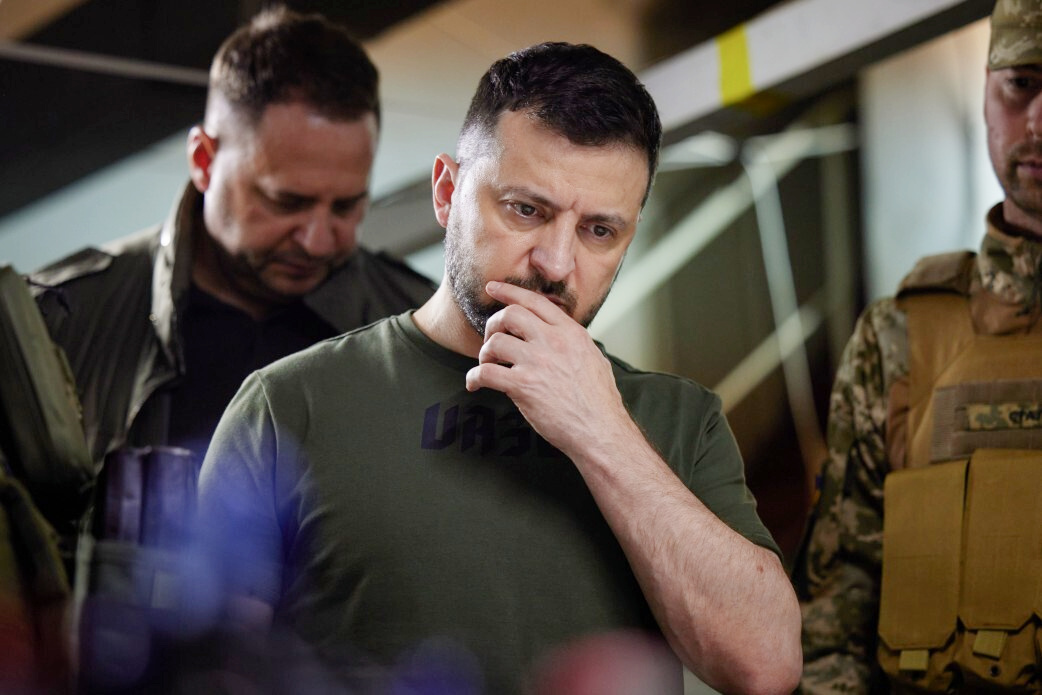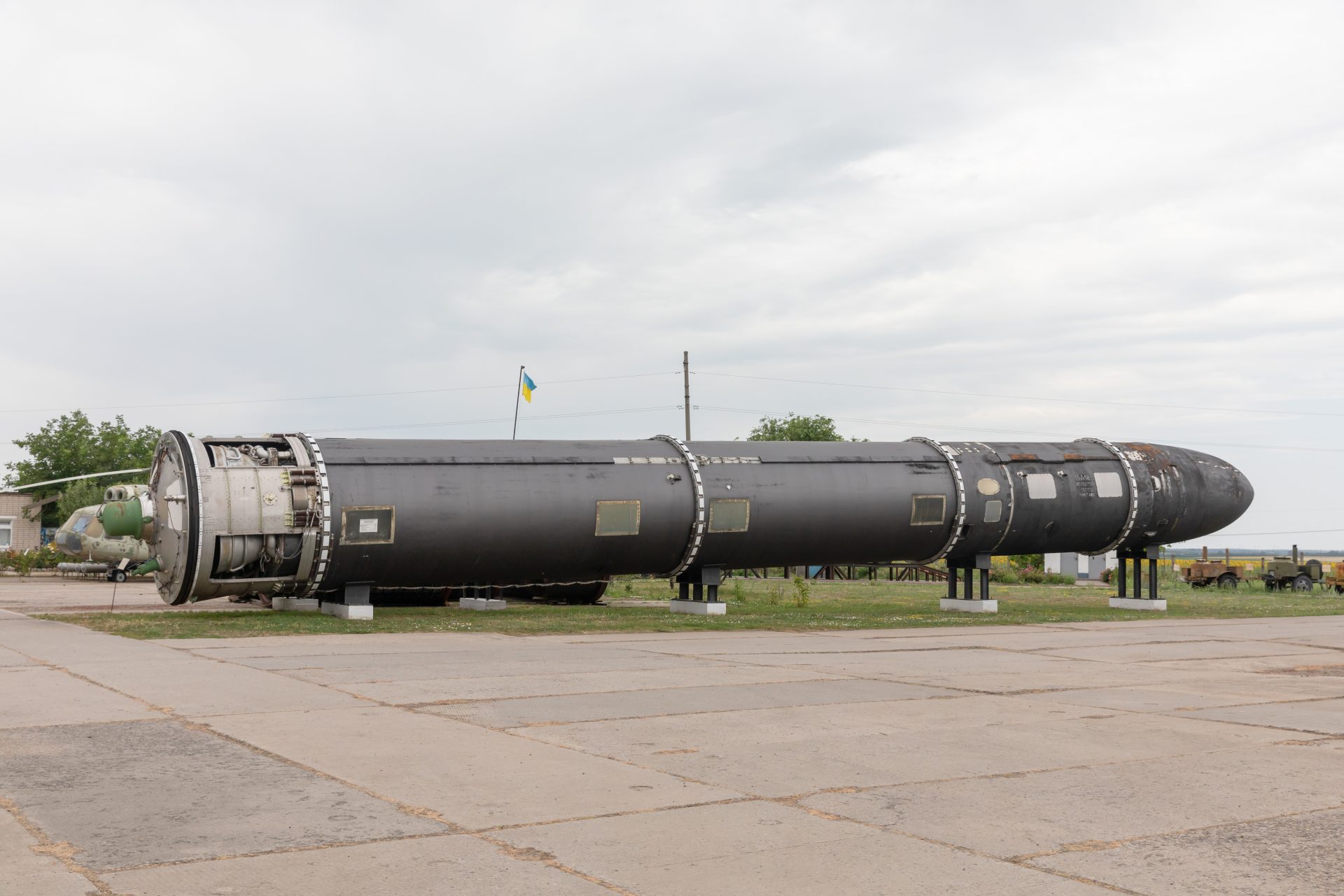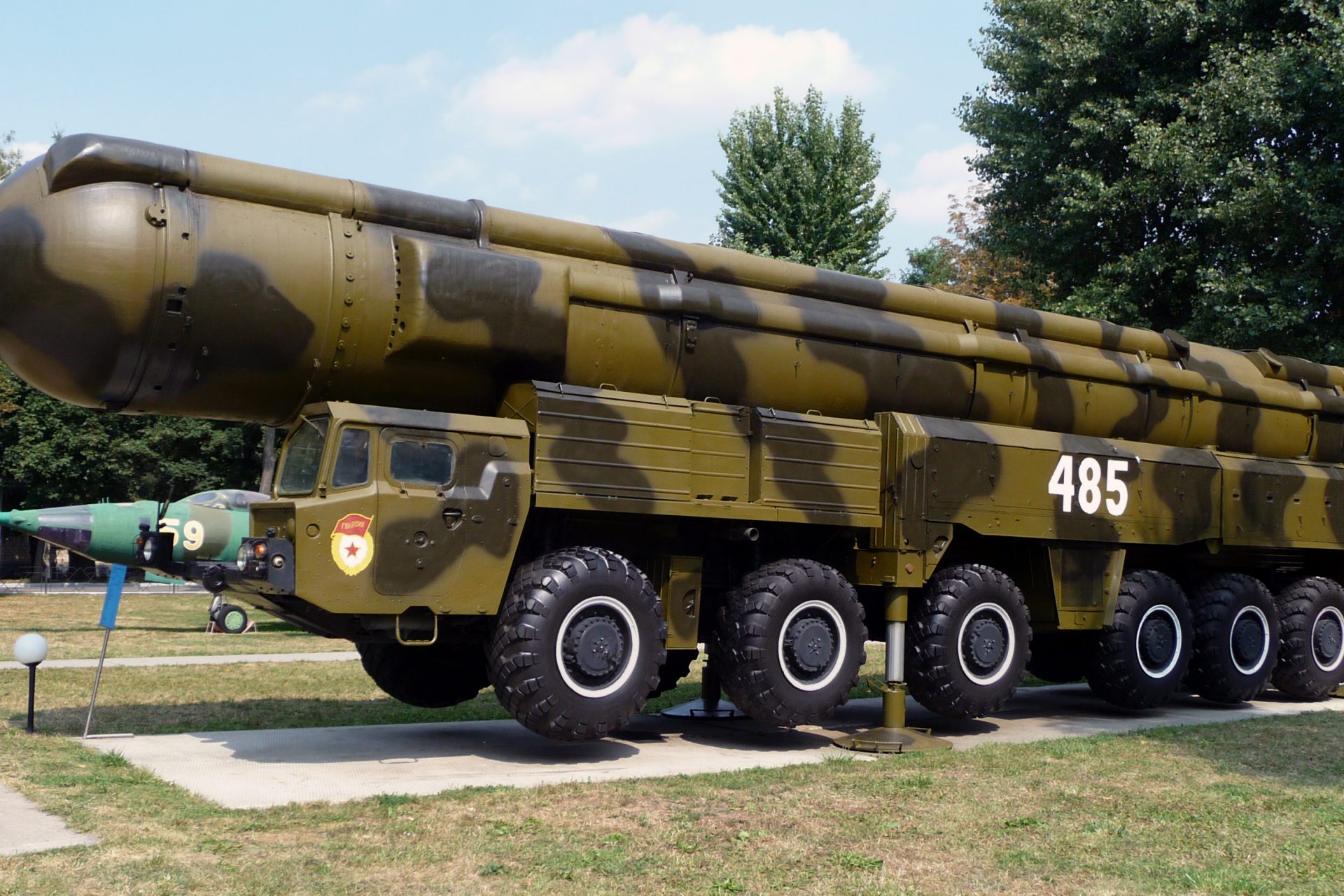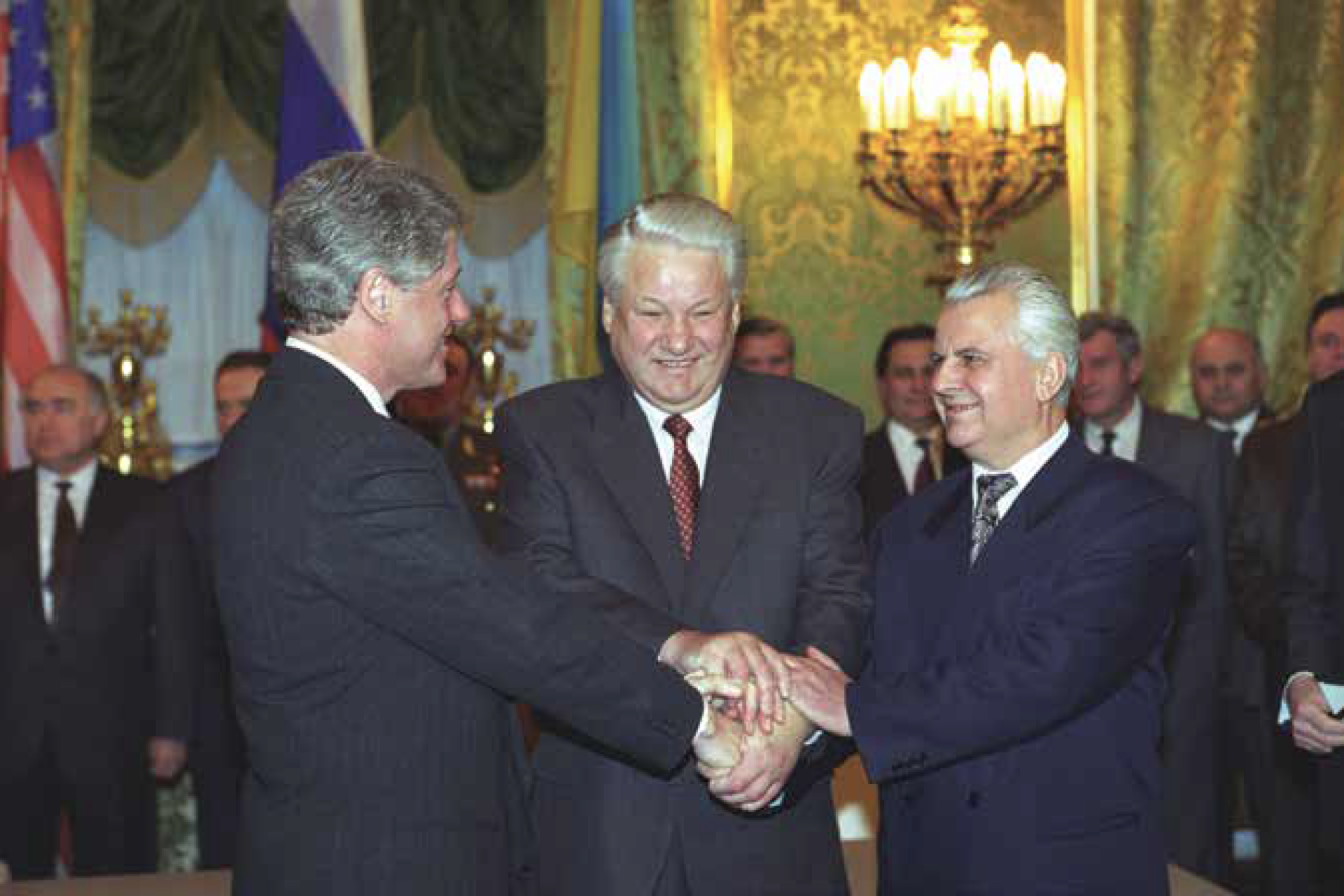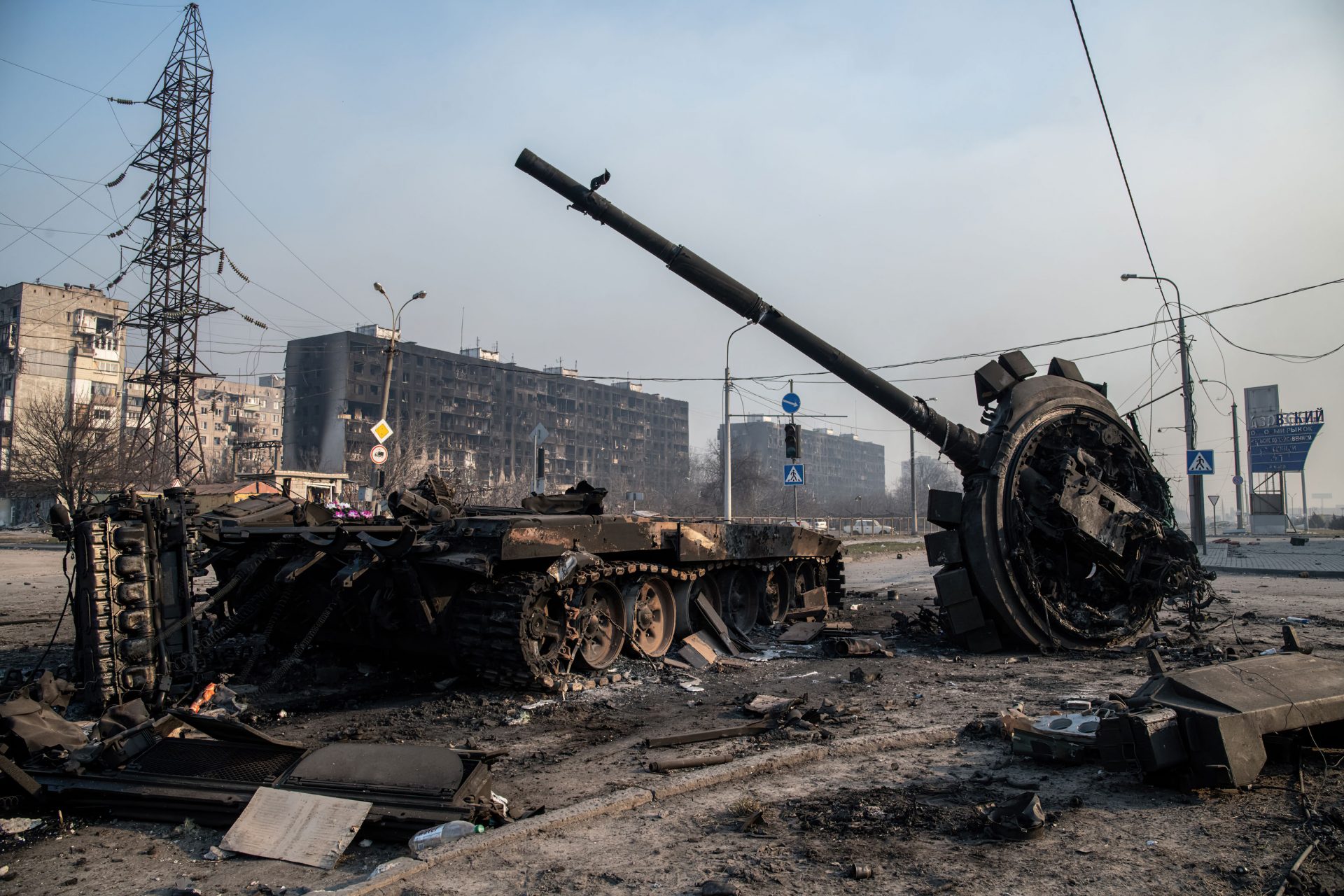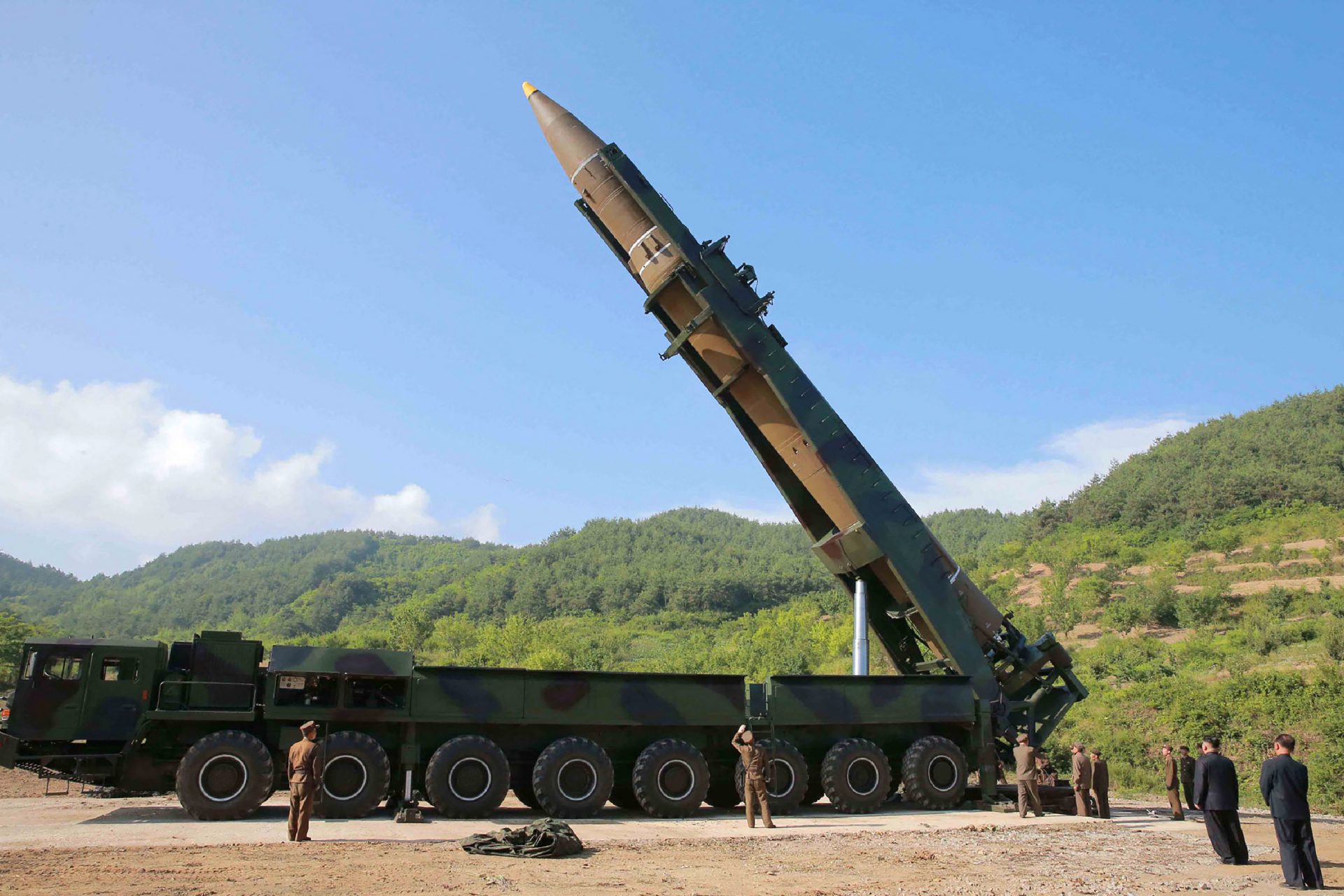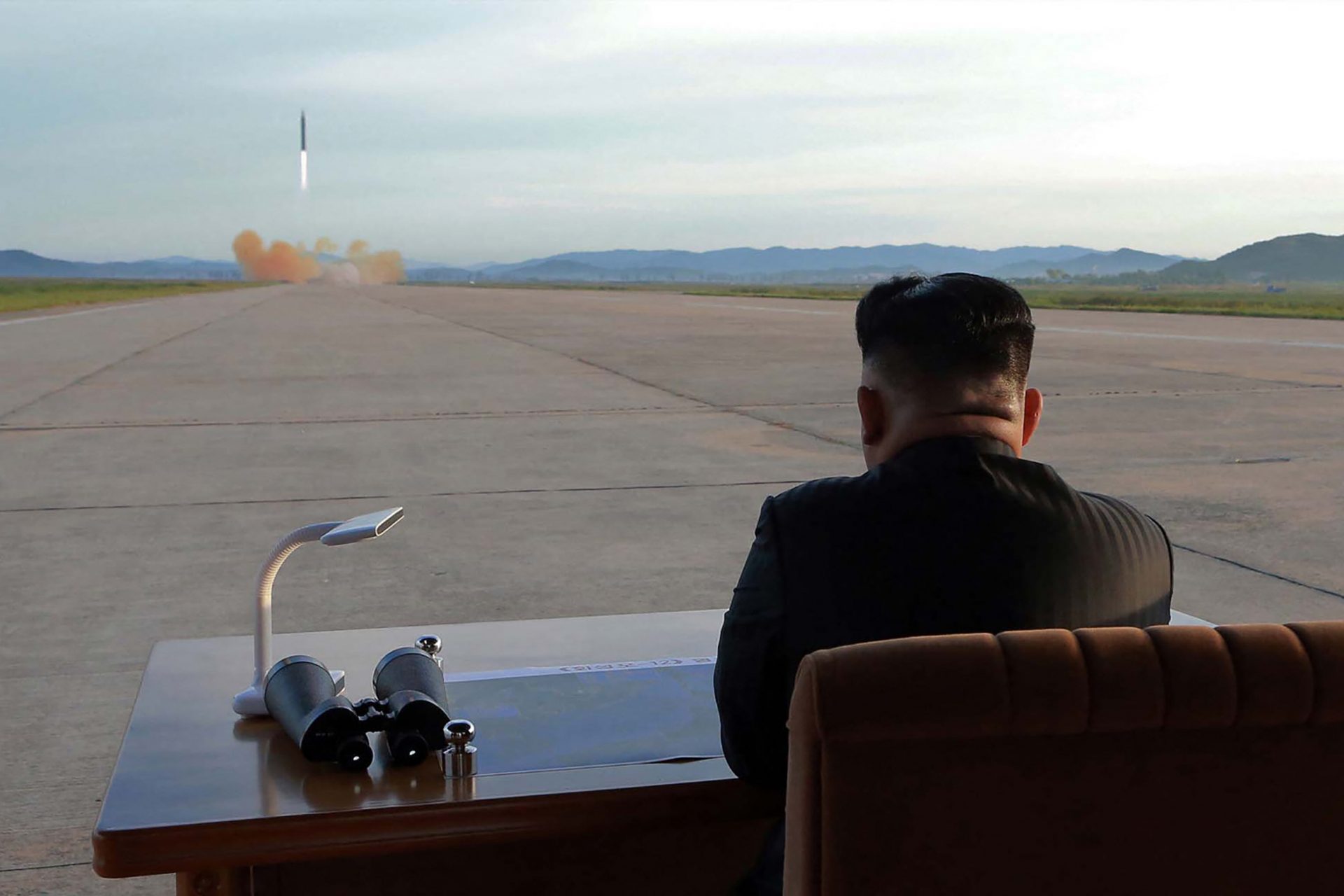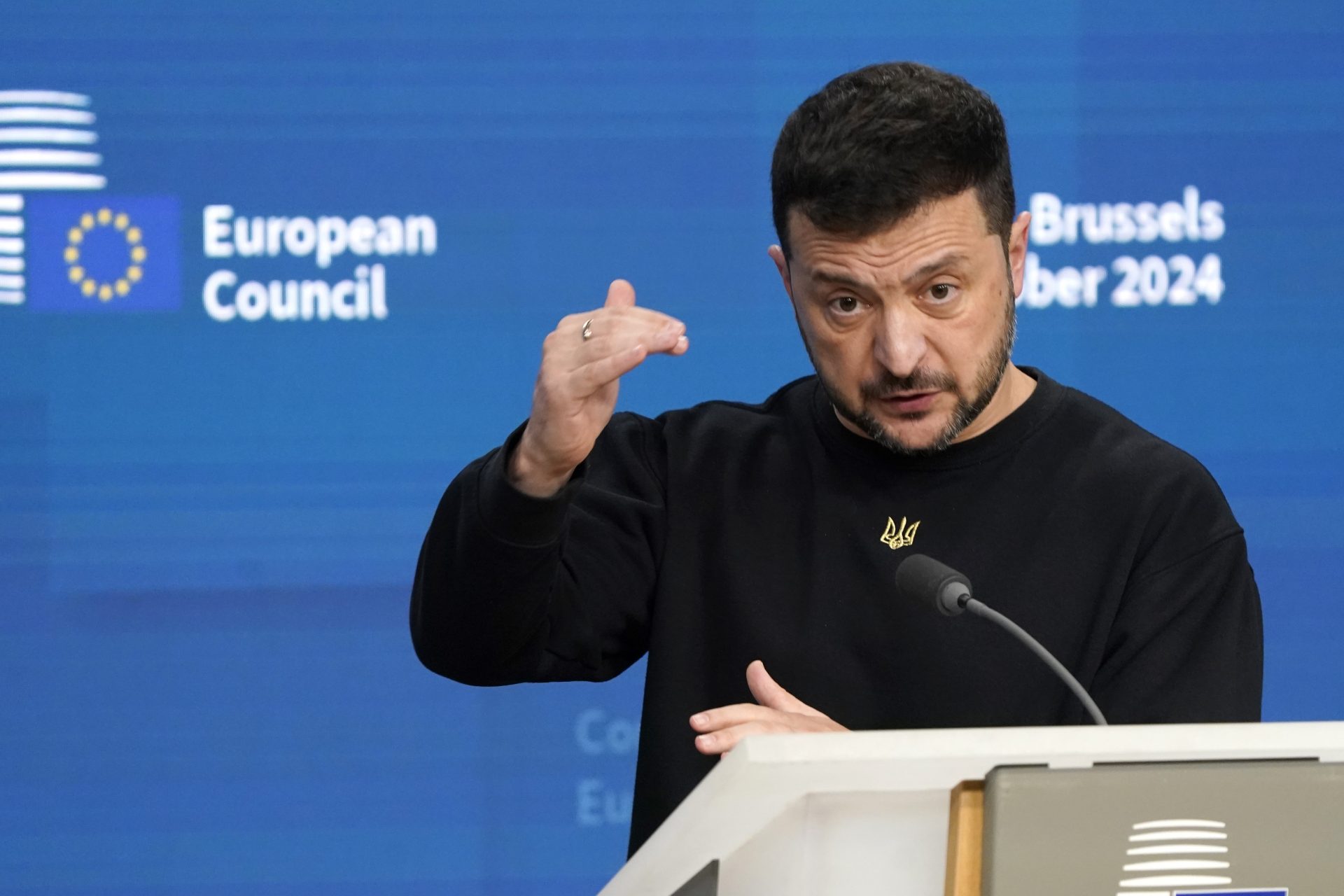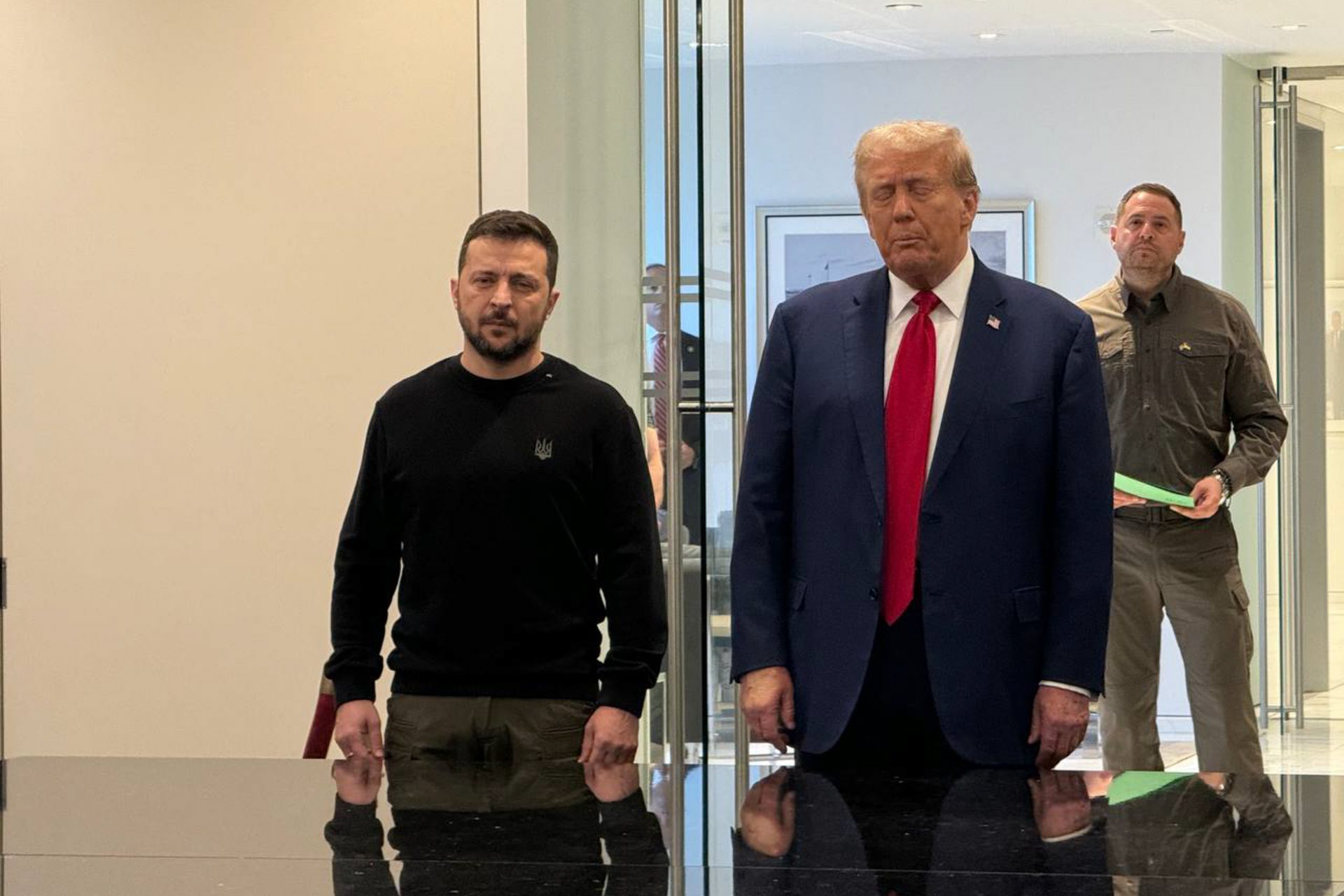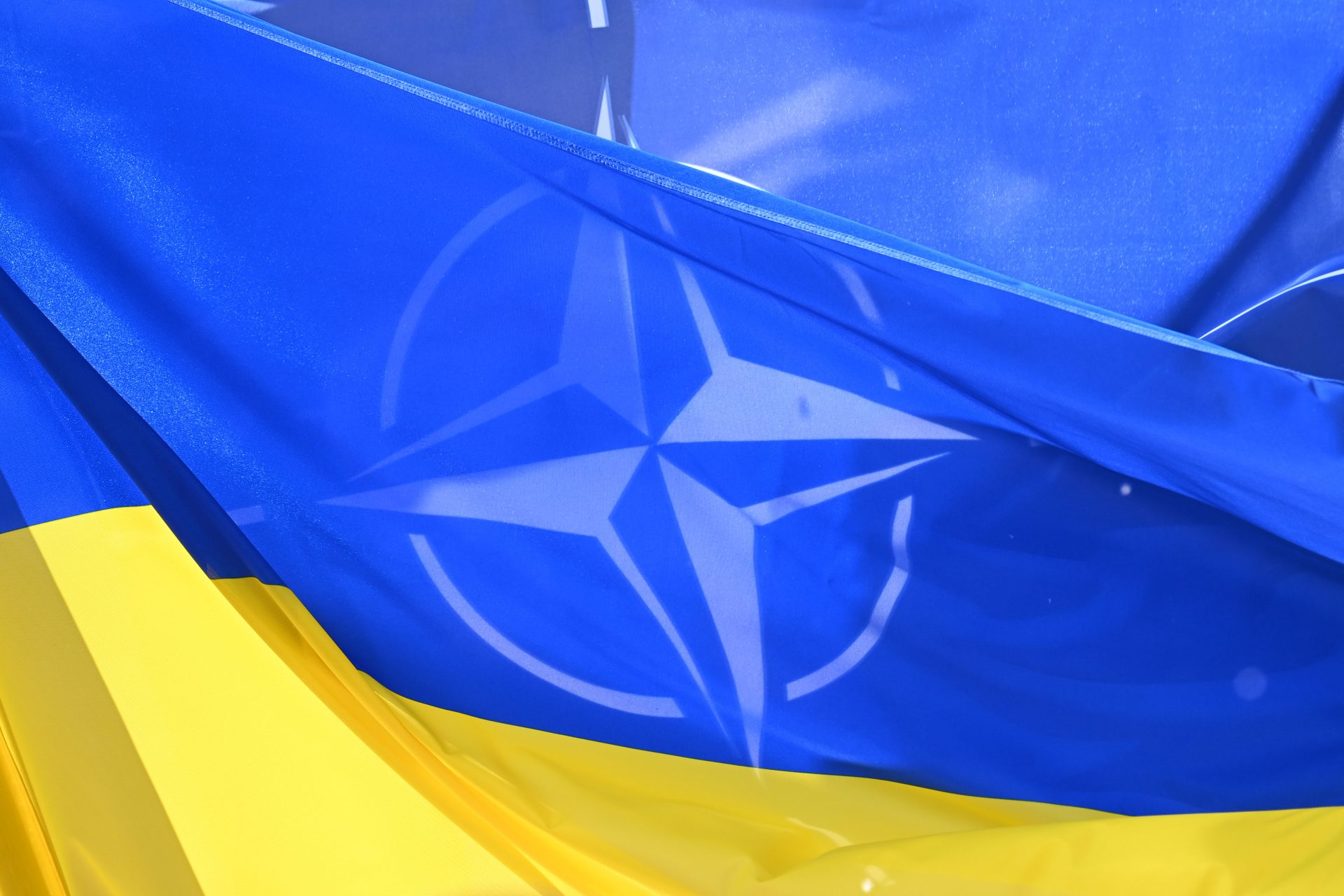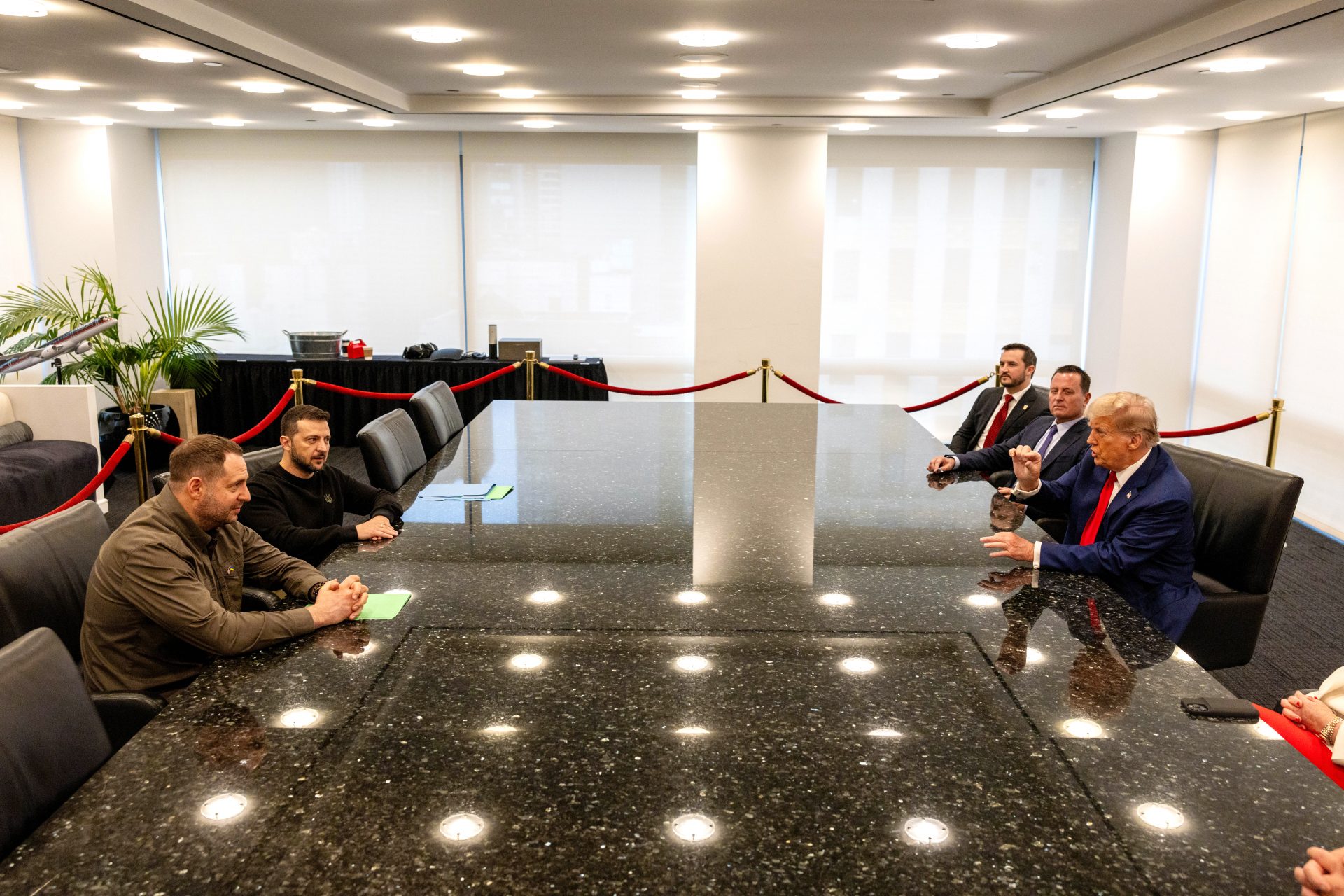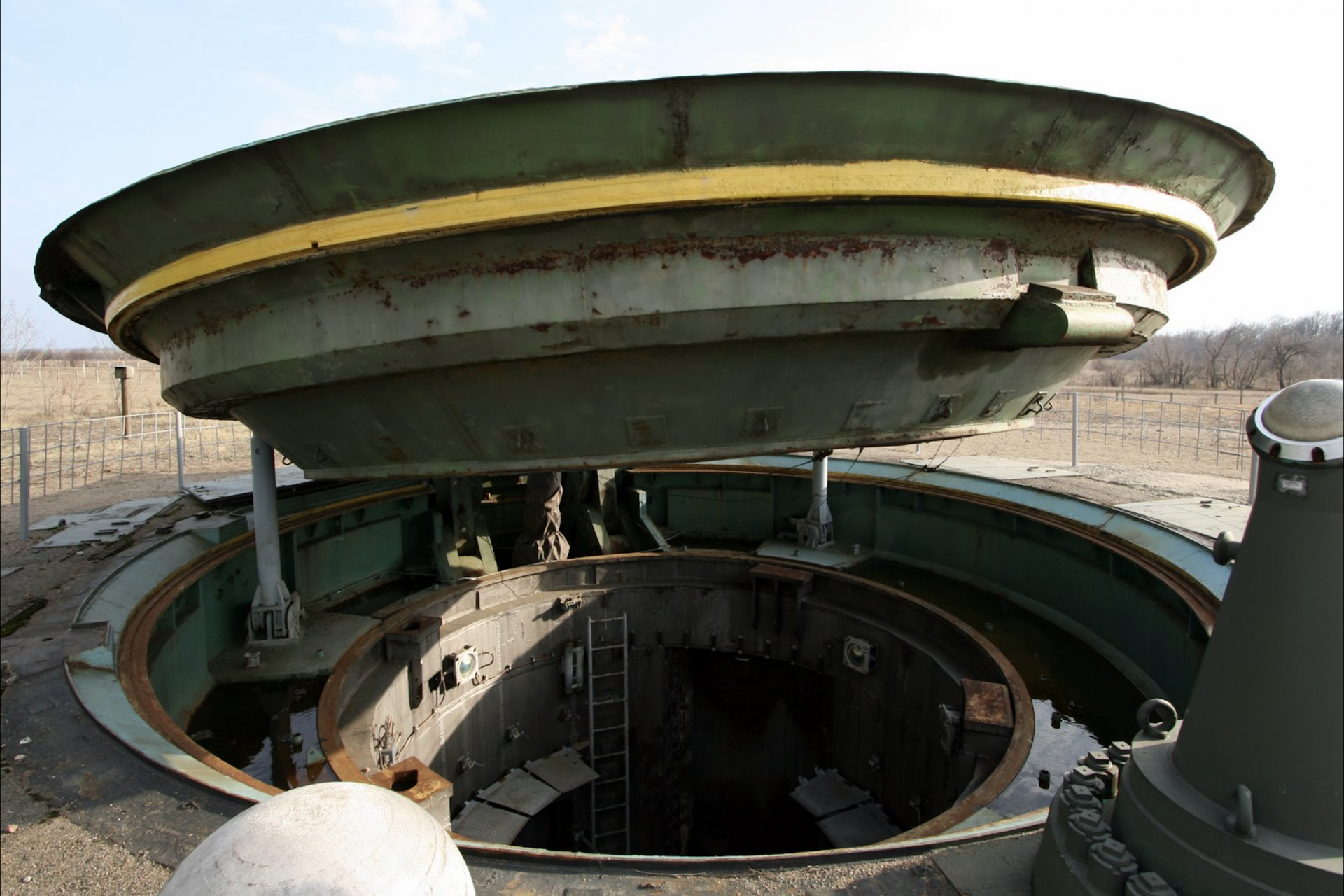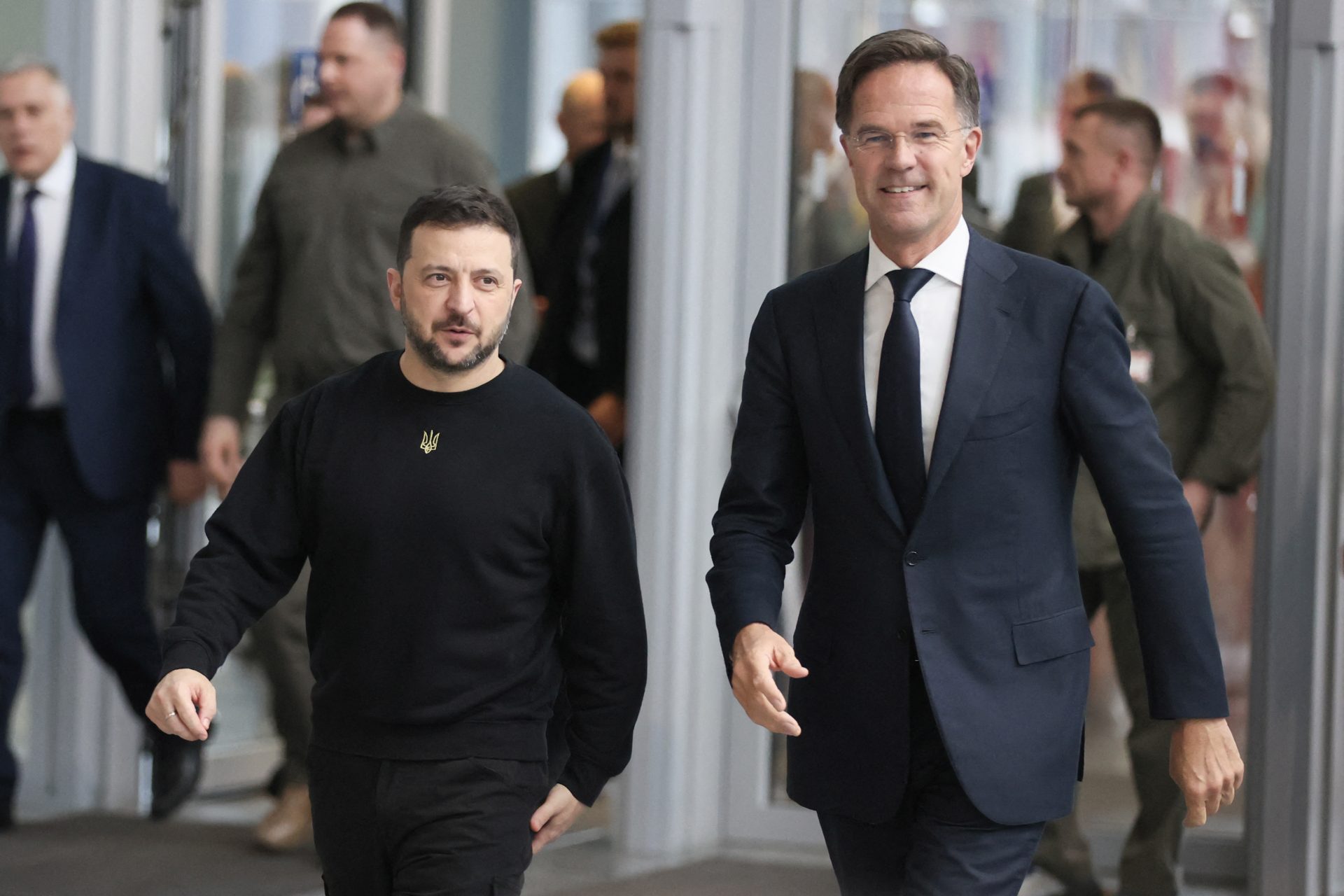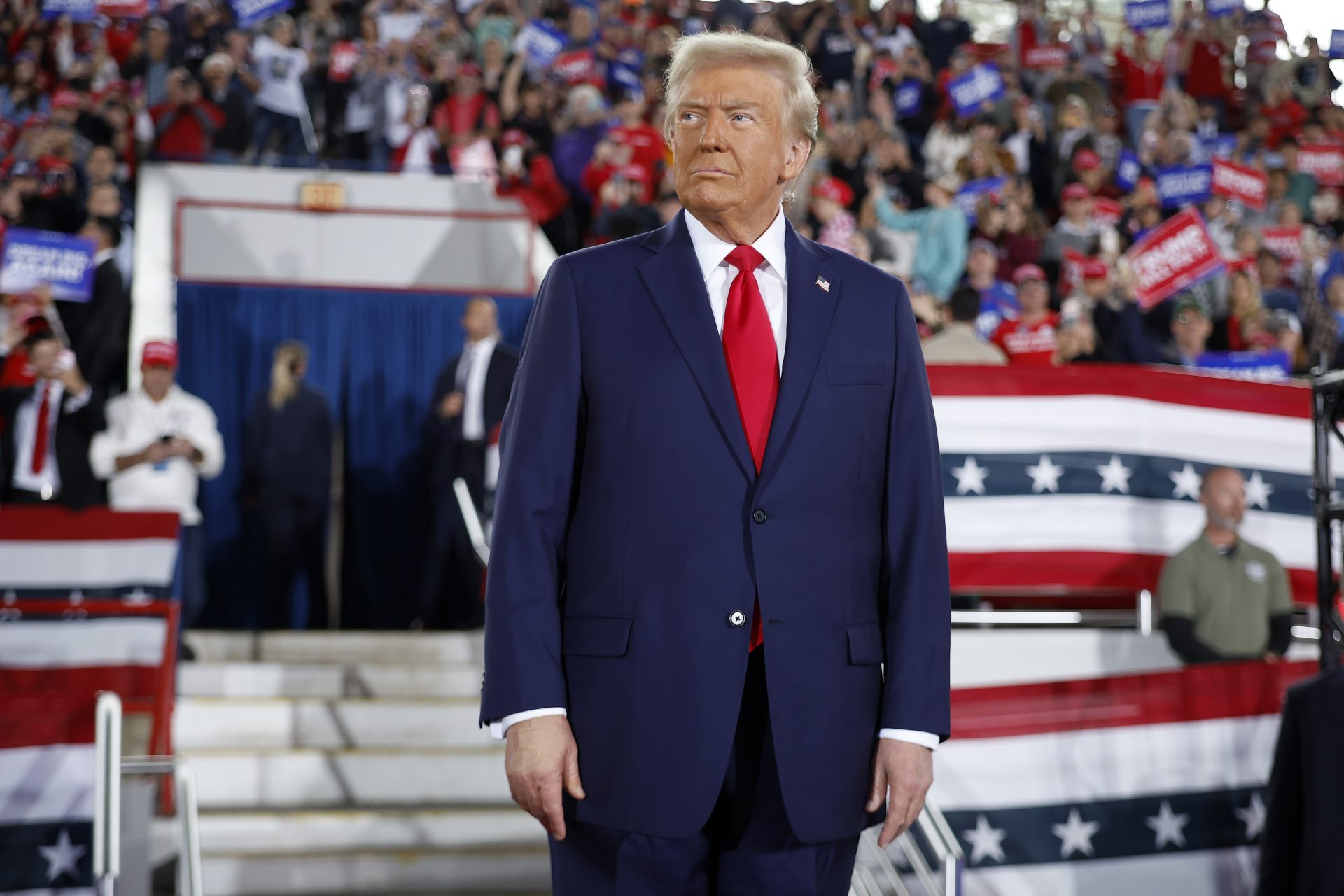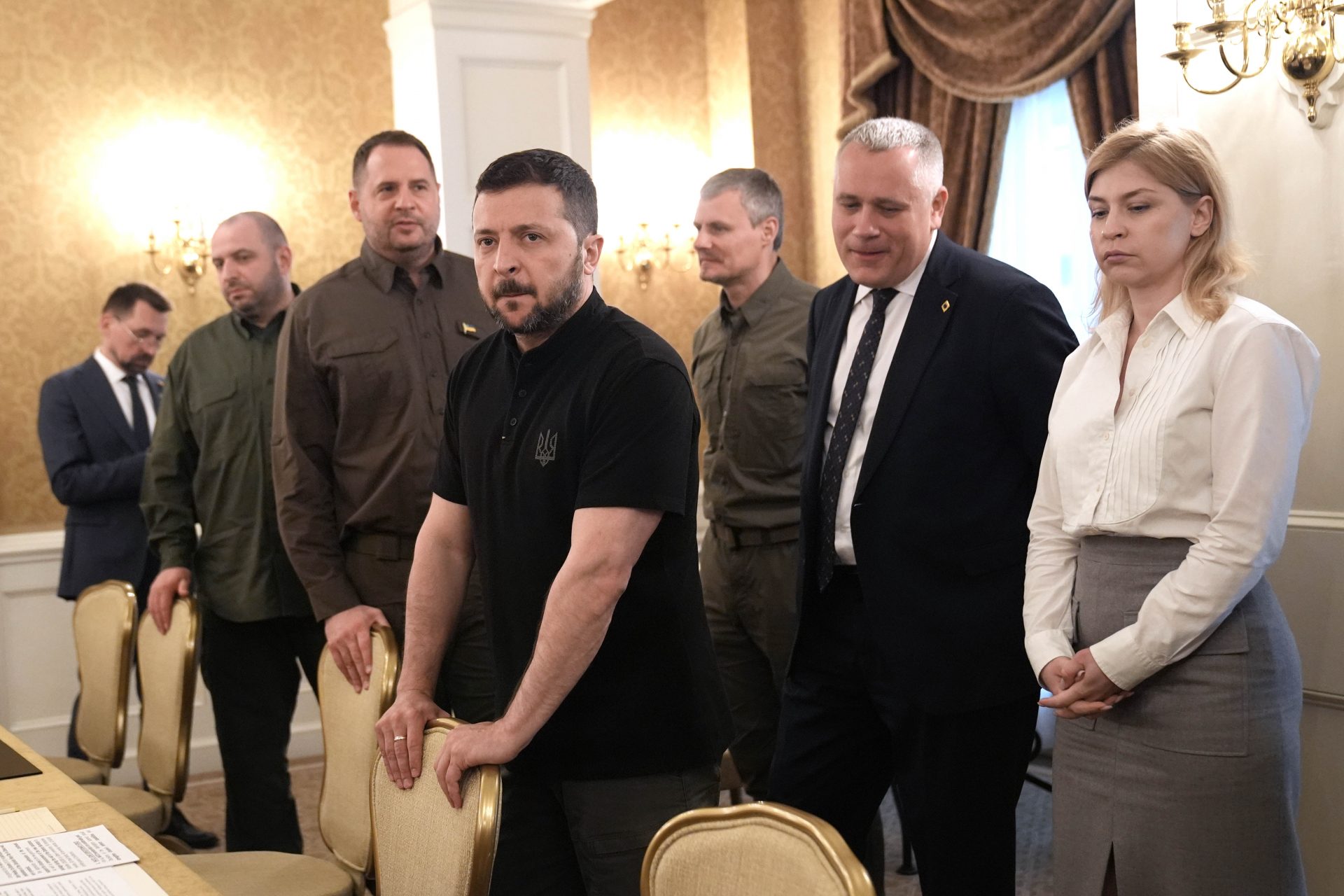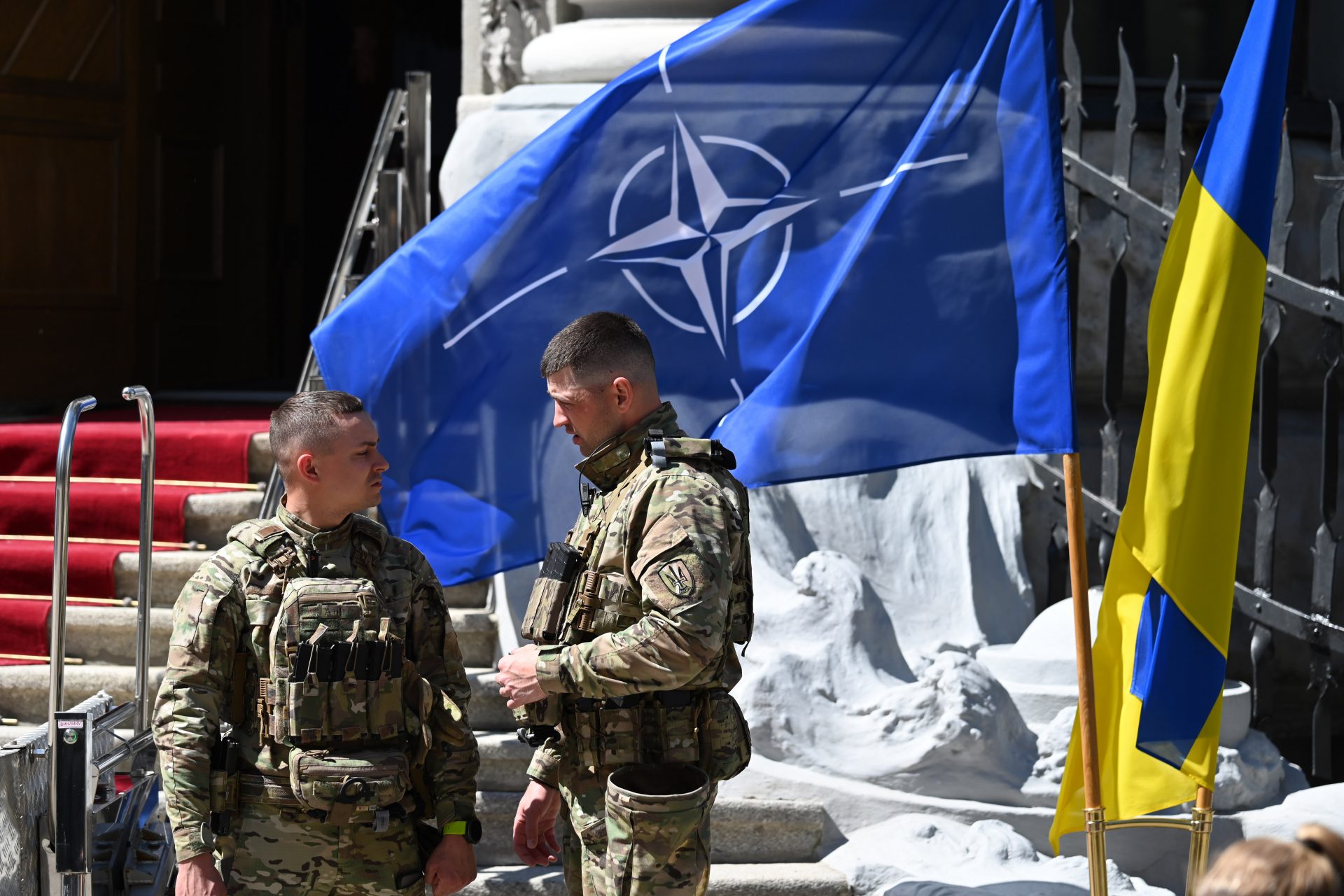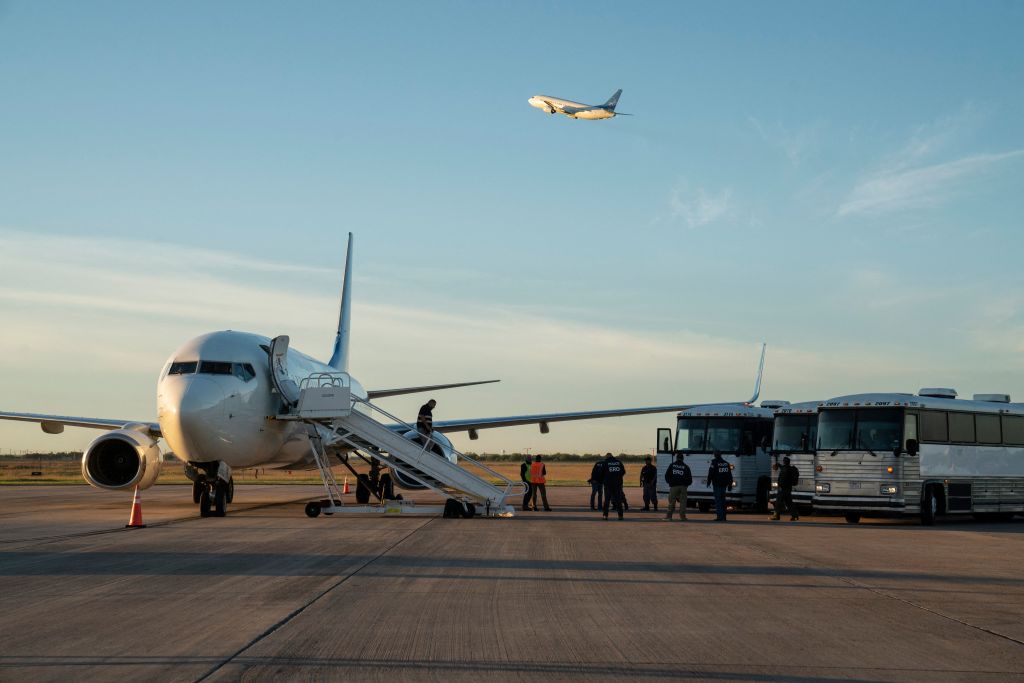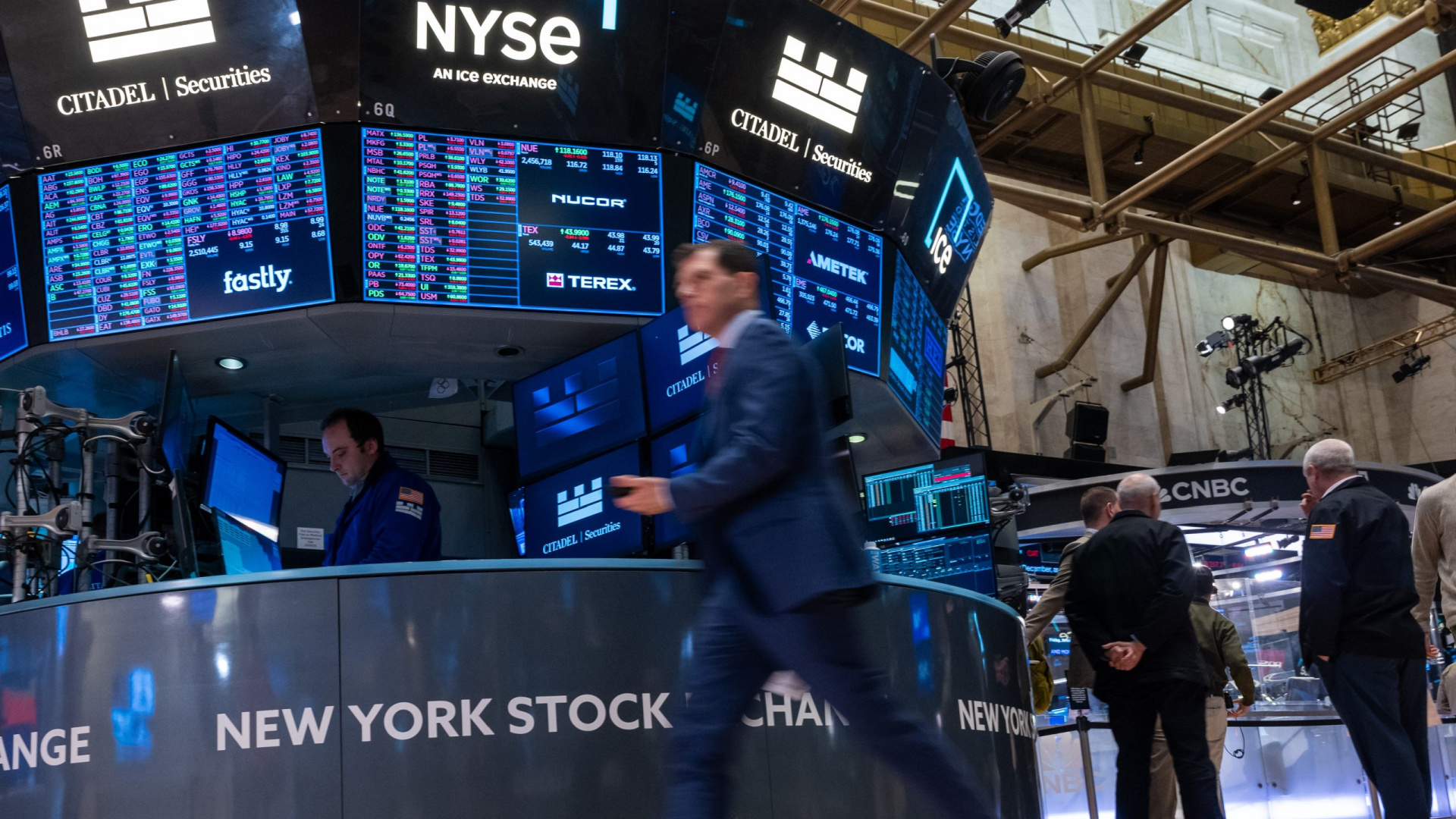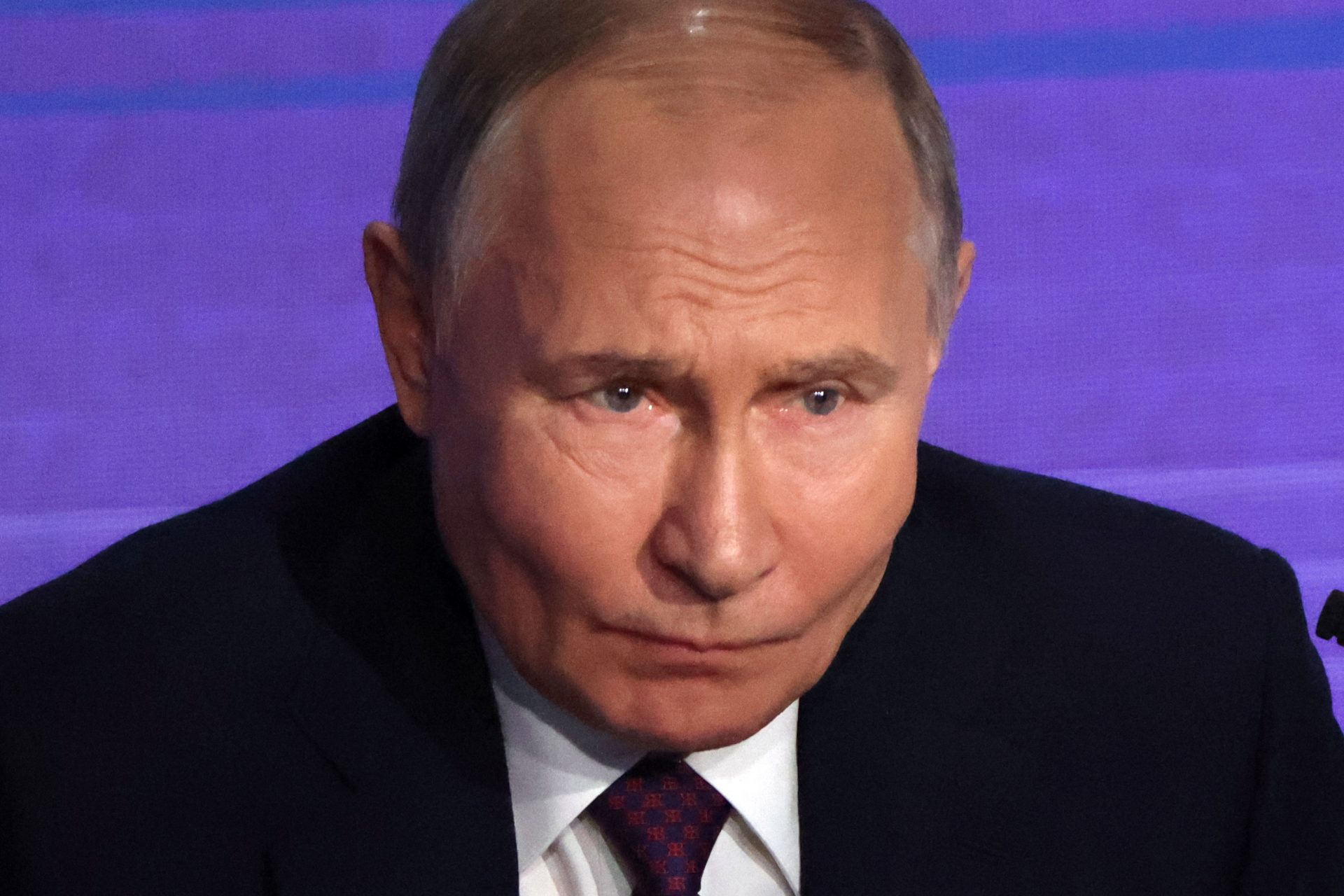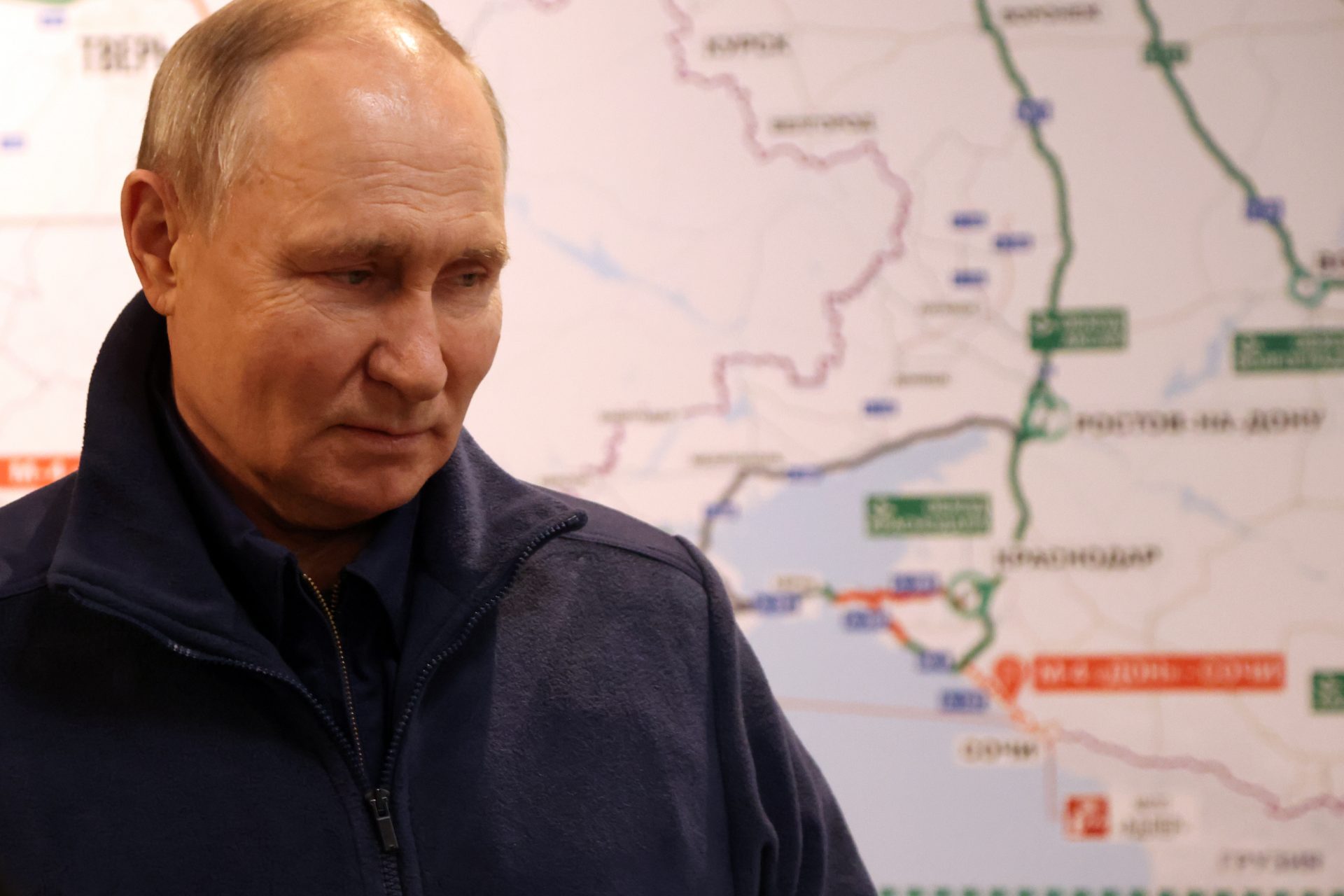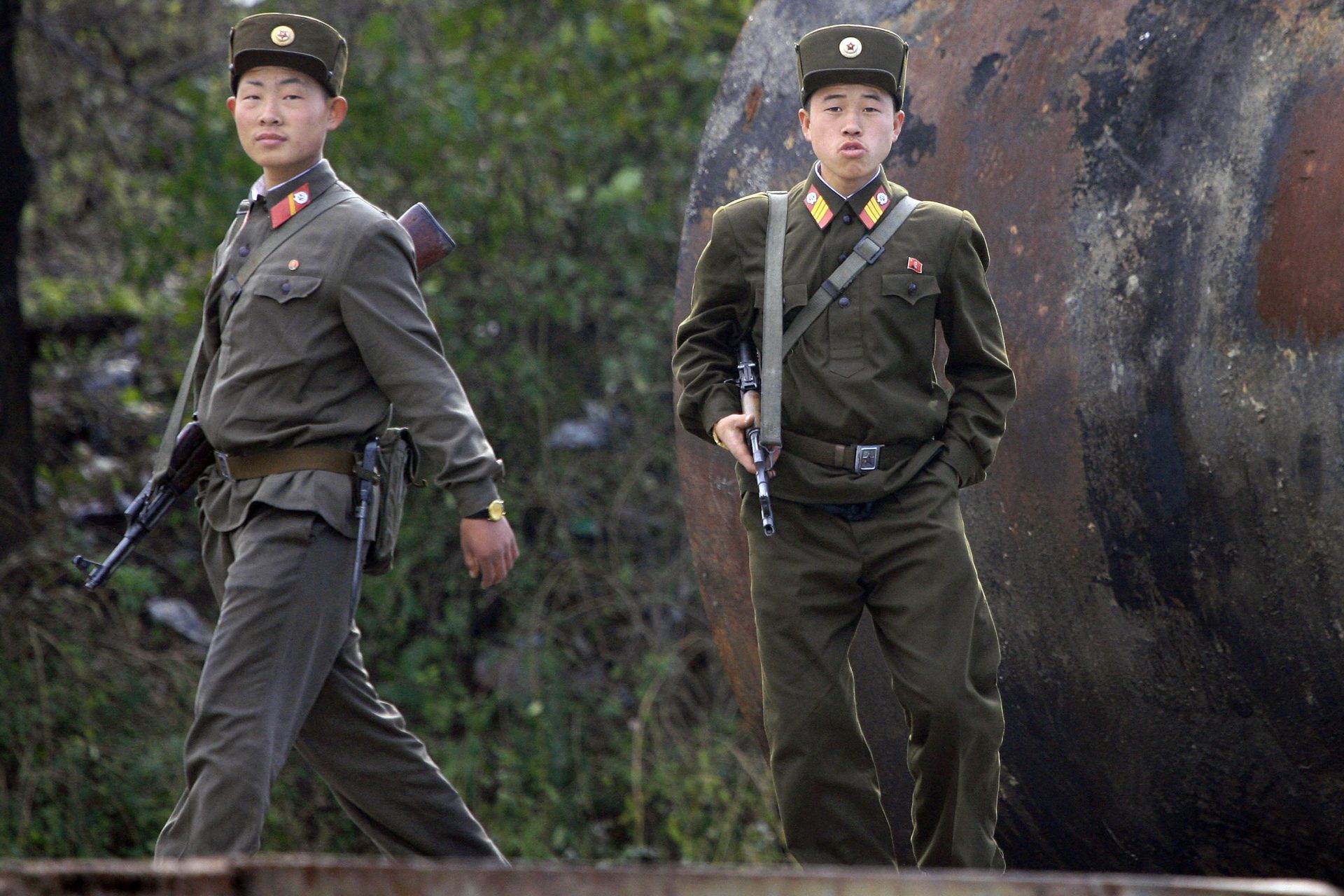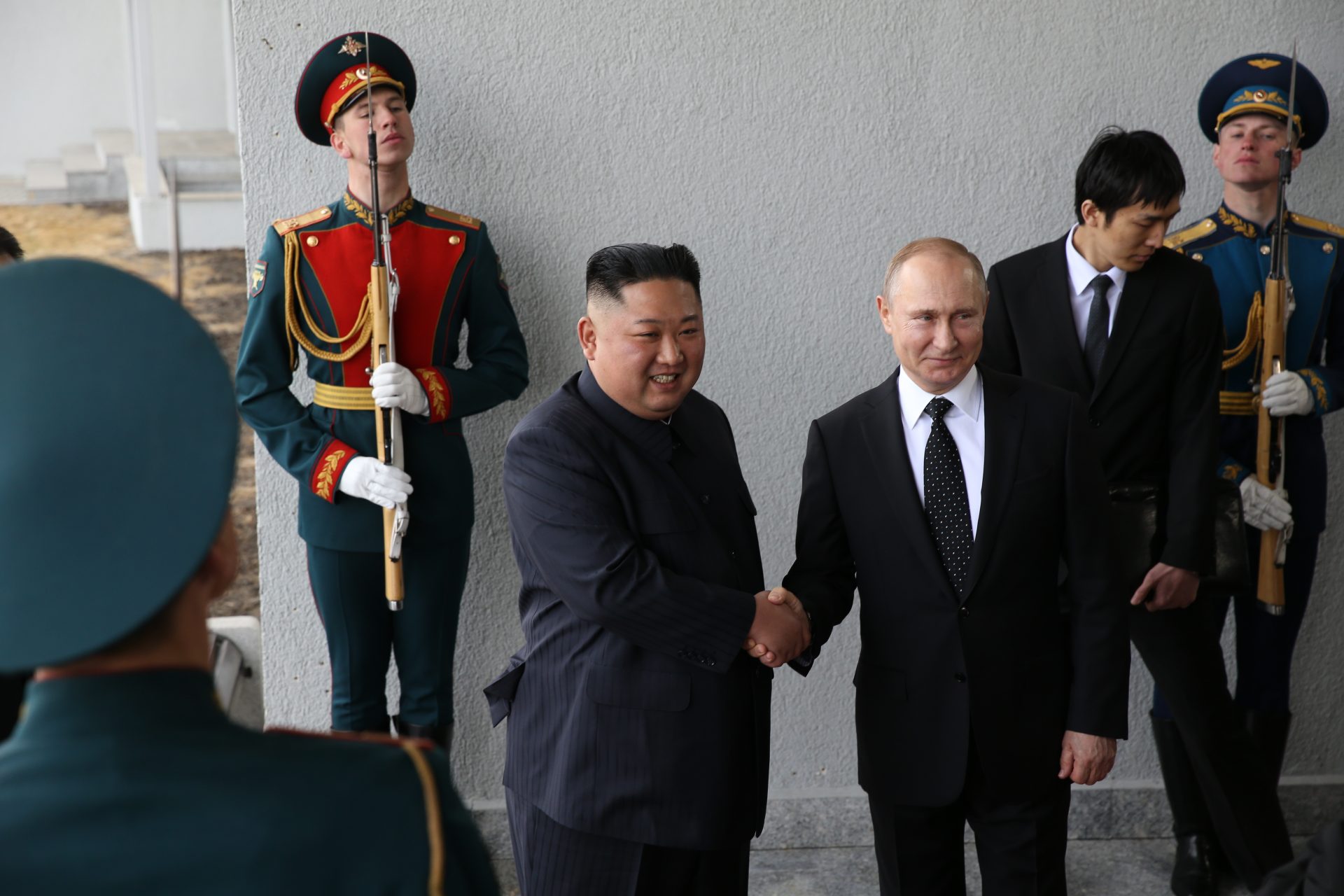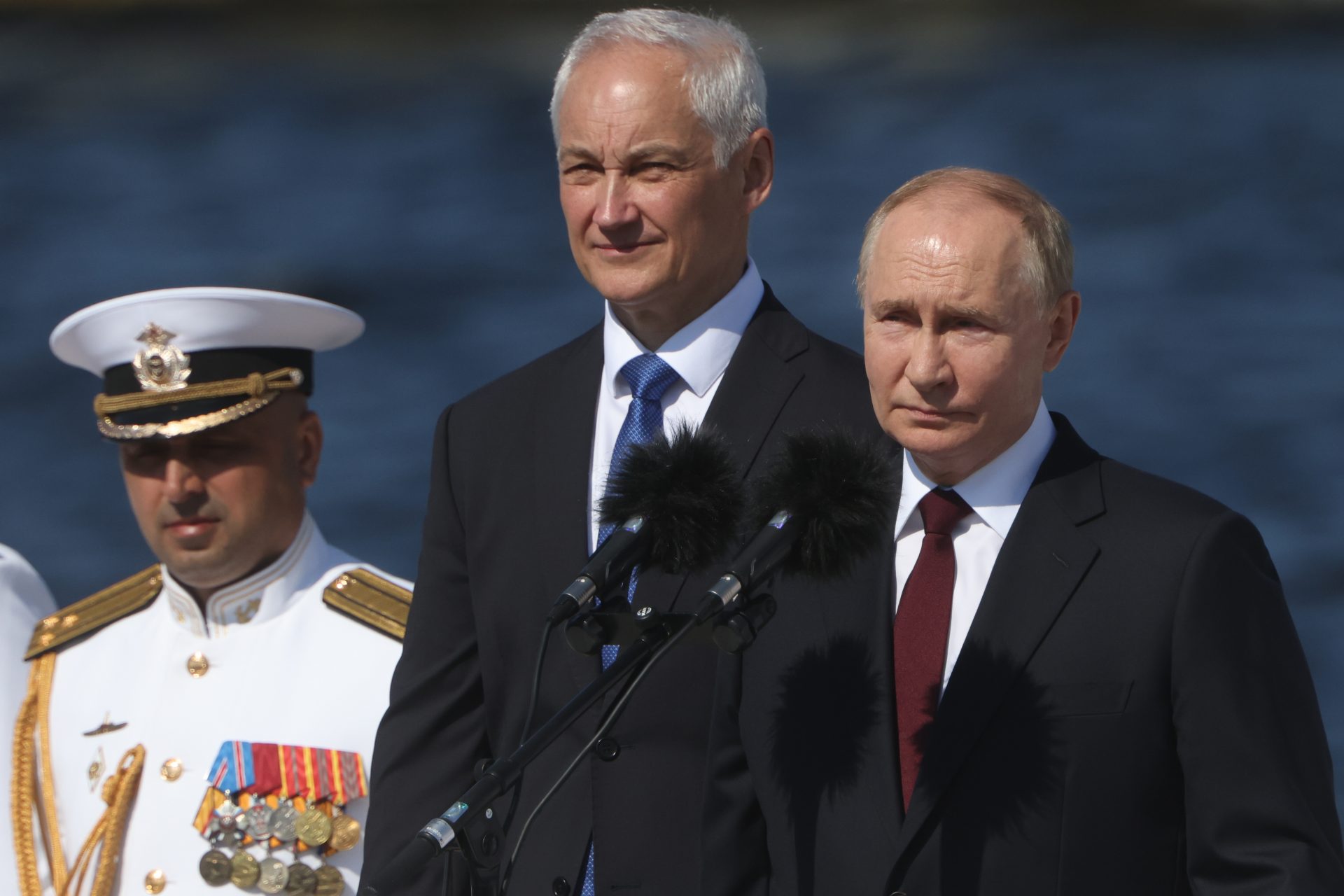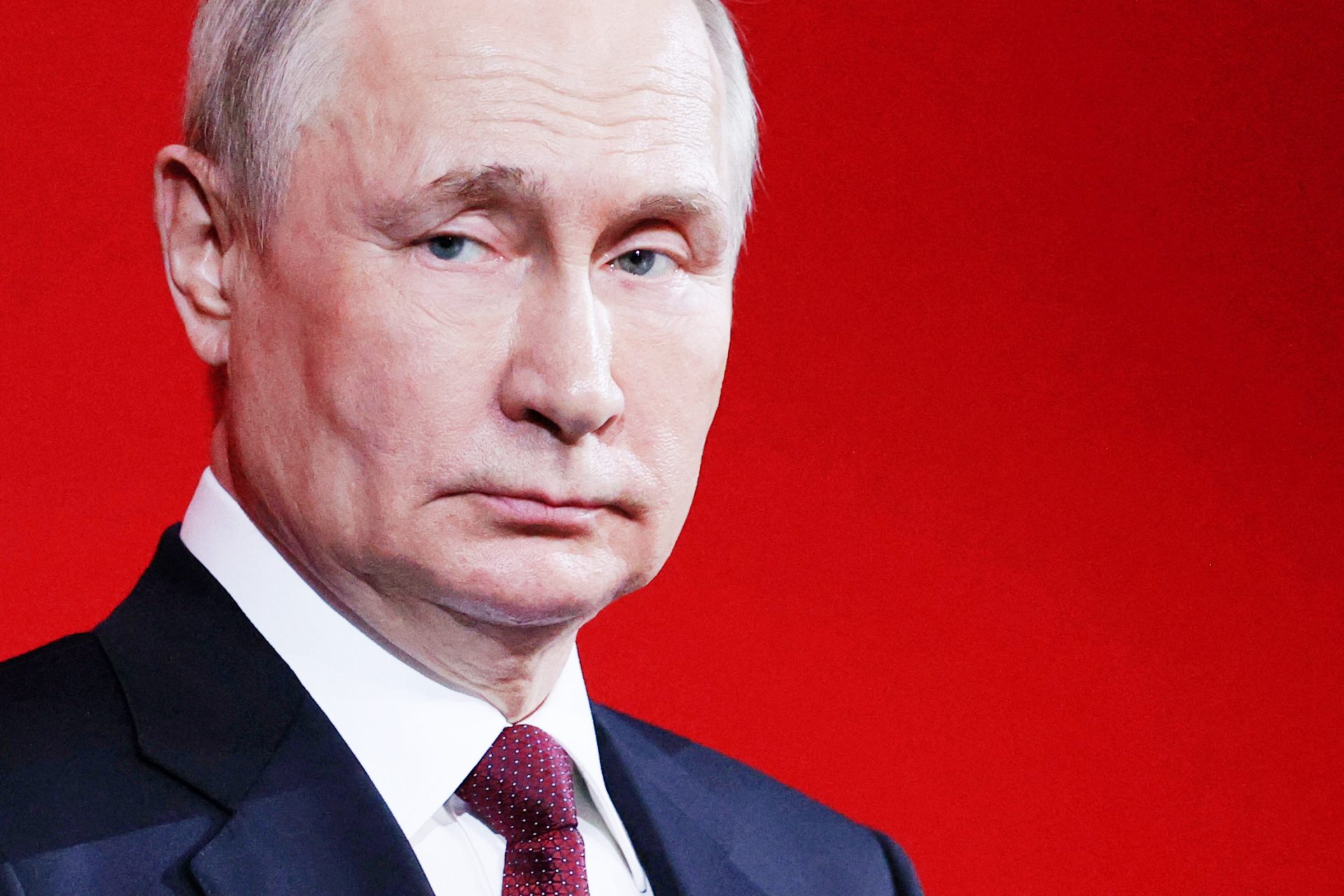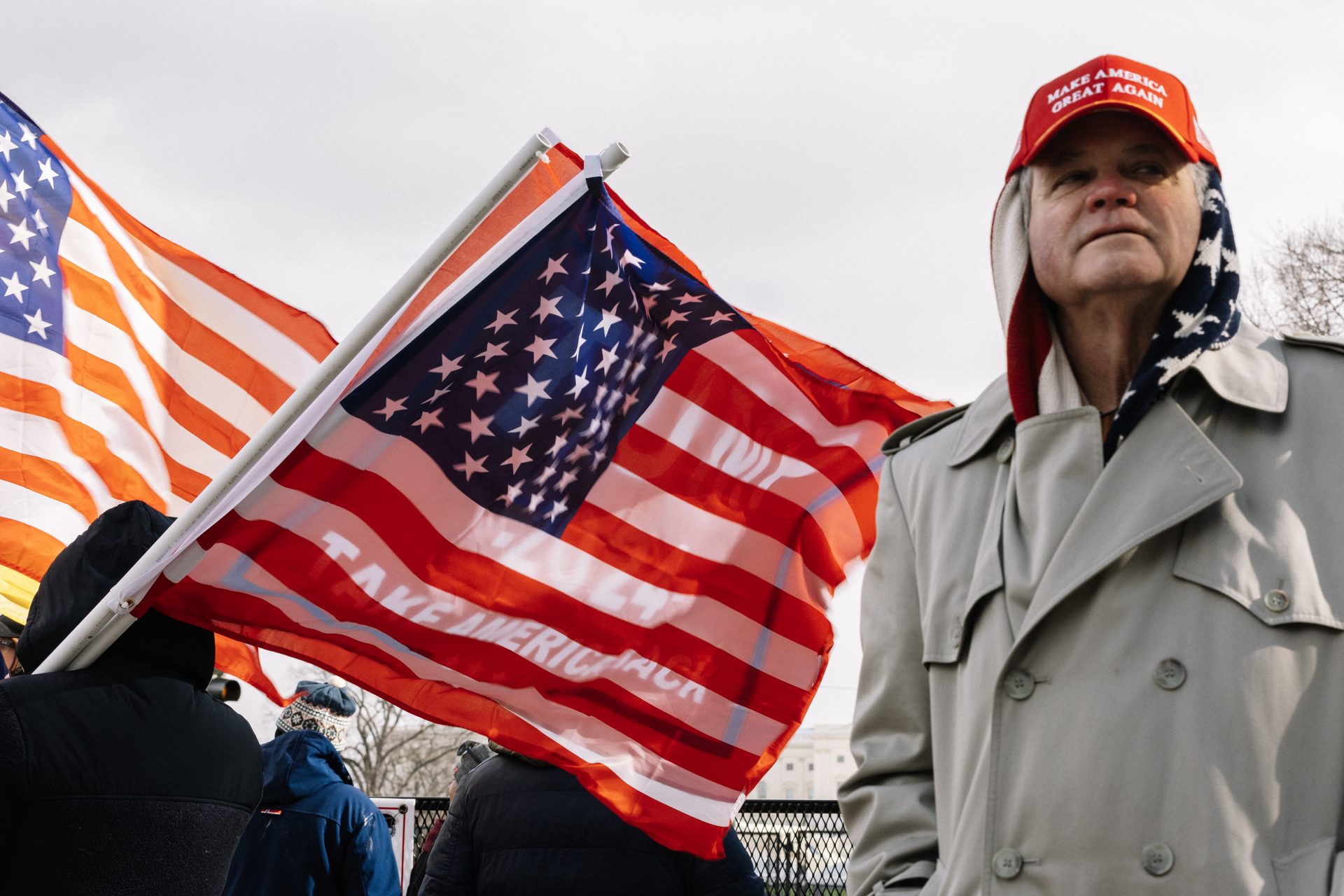Will Ukraine become a nuclear power once again?
The complex geopolitical landscape altered following the Russian invasion of Ukraine, notably after American voters re-elected Donald Trump as President. As Trump prepares to assume office in January, Ukraine is confronted with critical decisions regarding its nuclear rearmament strategy.
The geopolitical landscape underwent significant changes after Russia's invasion of Ukraine and the subsequent re-election of Donald Trump as President of the United States. As Trump is set to take office in January, Ukraine faces pivotal choices concerning its strategy on nuclear rearmament.
The idea that Ukraine could become one of the few states that has nuclear weapons in its military arsenal isn’t far-fetched. Ukraine had one of the largest stockpiles of nuclear weapons after the collapse of the Soviet Union in the 1990s.
According to the Nuclear Threat Initiative, Ukraine had roughly 1,900 strategic nuclear warheads and somewhere between 2,650 to 4,200 tactical nuclear weapons deployed to its territory at the time of its independence in 1991.
Photo Credit: Wiki Commons By George Chernilevsky, Own Work, Public Domain
Ukraine quickly gave up its nuclear weapons, however. A deal known as the Budapest Memorandum saw Kyiv relinquish its nuclear stockpile in exchange for special security assurances from the United States and the United Kingdom.
Photo Credit: Wiki Commons By U.S. government Employee, William J. Clinton Presidential Library, Public Domain
Aldo Zammit Borda, Reader at City St George's, University of London, pointed out in a recent article on the 1994 Budapest Memorandum and the Ukraine war for The Conversation that Vladimir Putin’s invasion of Ukraine violated the agreement.
In his article, Borda explained that Ukraine’s experience was likely to lead to nuclear proliferation globally since it might now be seen and legitimized as the only way to truly safeguard a nation’s sovereignty and independence.
“The image of Ukraine being invaded by Russia despite its security assurances and being left largely to fend for itself in this conflict may trigger a resurgent interest in nuclear weapons,” Borda wrote.
The concept of nuclear weapons being one of the only means to safeguard a country was recently brought up by Ukrainian President Volodymyr Zelensky, who explained to reporters in October he had mentioned this to Trump during a September meeting.
“Either Ukraine will have nuclear weapons and that will be our protection or we should have some sort of alliance,” Zelensky said he told Trump according to Politico. “Apart from NATO, today we do not know any effective alliances.”
“NATO countries are not at war. People are all alive in NATO countries. And thank God. That is why we choose NATO. Not nuclear weapons,” Zelensky added.
The context for Zelensky’s remarks is important. He said he walked Trump through why NATO membership or nuclear weapons were the only means to secure Ukraine, citing the Budapest Memorandum and the failure of its security guarantees.
Zelensky’s comments led to a wave of speculation that Kyiv was already on its way to becoming a nuclear power, and the Ukrainian President clarified what he meant later the same day during a press conference with new NATO general Secretary Mark Rutte.
Photo Credit: Wiki Commons By Michael, CC BY 3.0
“We are not building nuclear weapons. What I meant is that today there is no stronger security guarantee for us besides NATO membership,” Zelensky explained according to Foreign Policy. However, the calculus behind this decision has changed.
Trump’s reelection to the presidency could see Ukrainian NATO membership put on the back burner as the new president works to bring about his plan to end the war. This is something that Ukraine cannot afford according to the U.S. foreign policy magazine.
“Ukraine no longer has the luxury of waiting for NATO membership,” Foreign Policy’s Casey Michel explained.
“With every passing day, and especially with the reelection of Trump, the reality increasingly dawns that if we’re to guarantee Ukrainian statehood, the West must welcome Ukraine into NATO—or it must start getting ready for Ukraine to rejoin the same nuclear club it was once a part of all those years ago,” Michel concluded.
More for you
Top Stories



